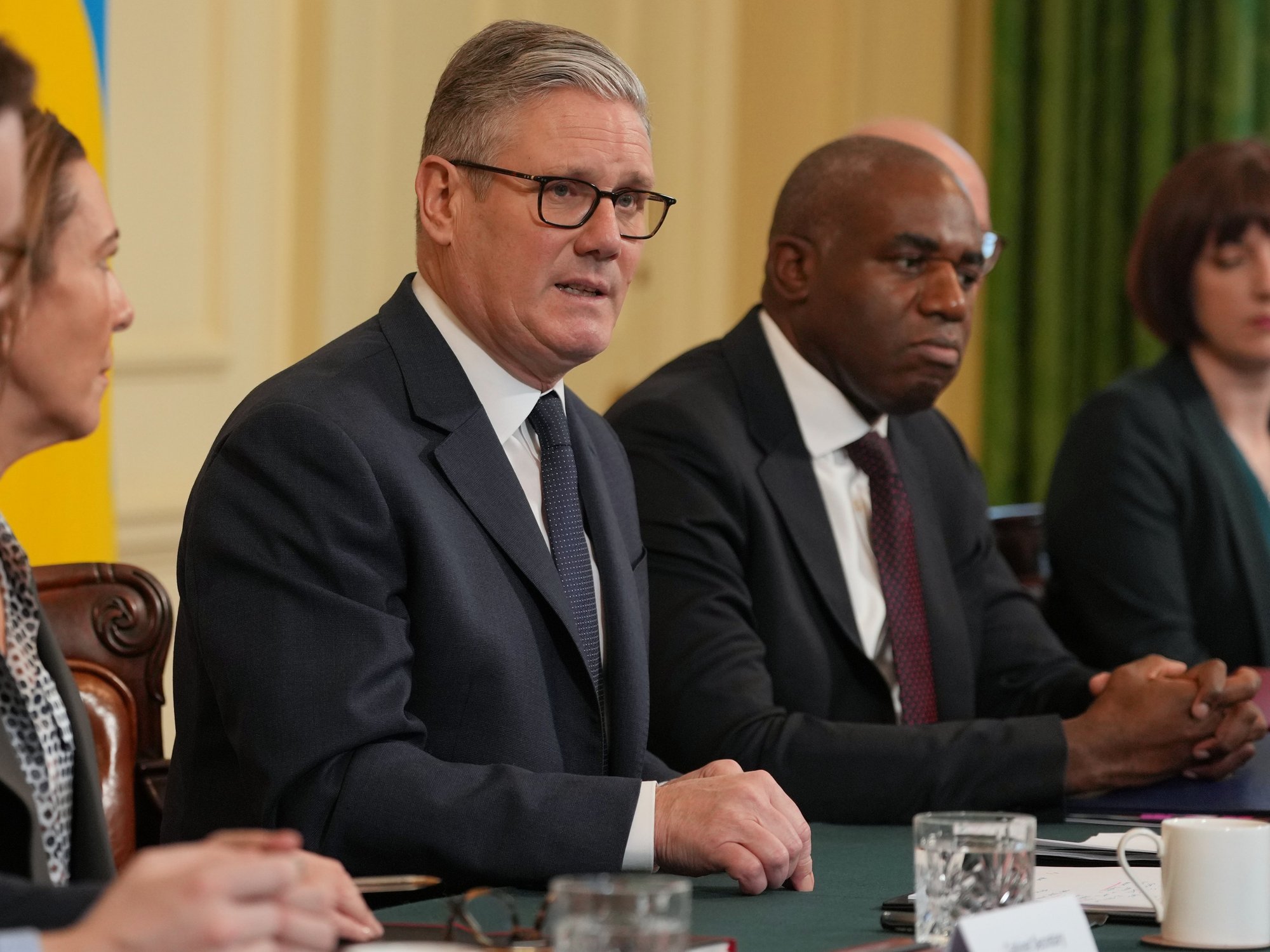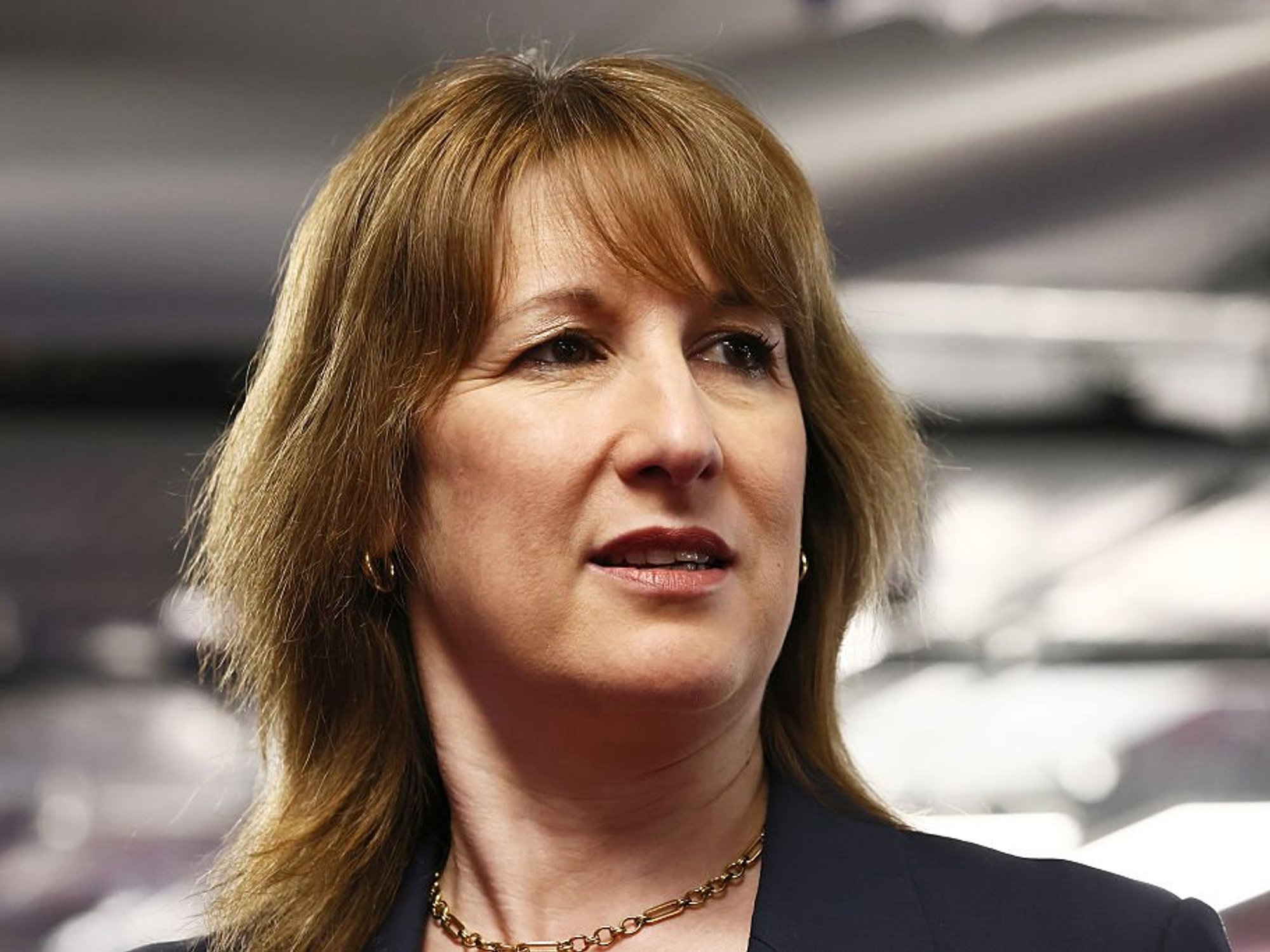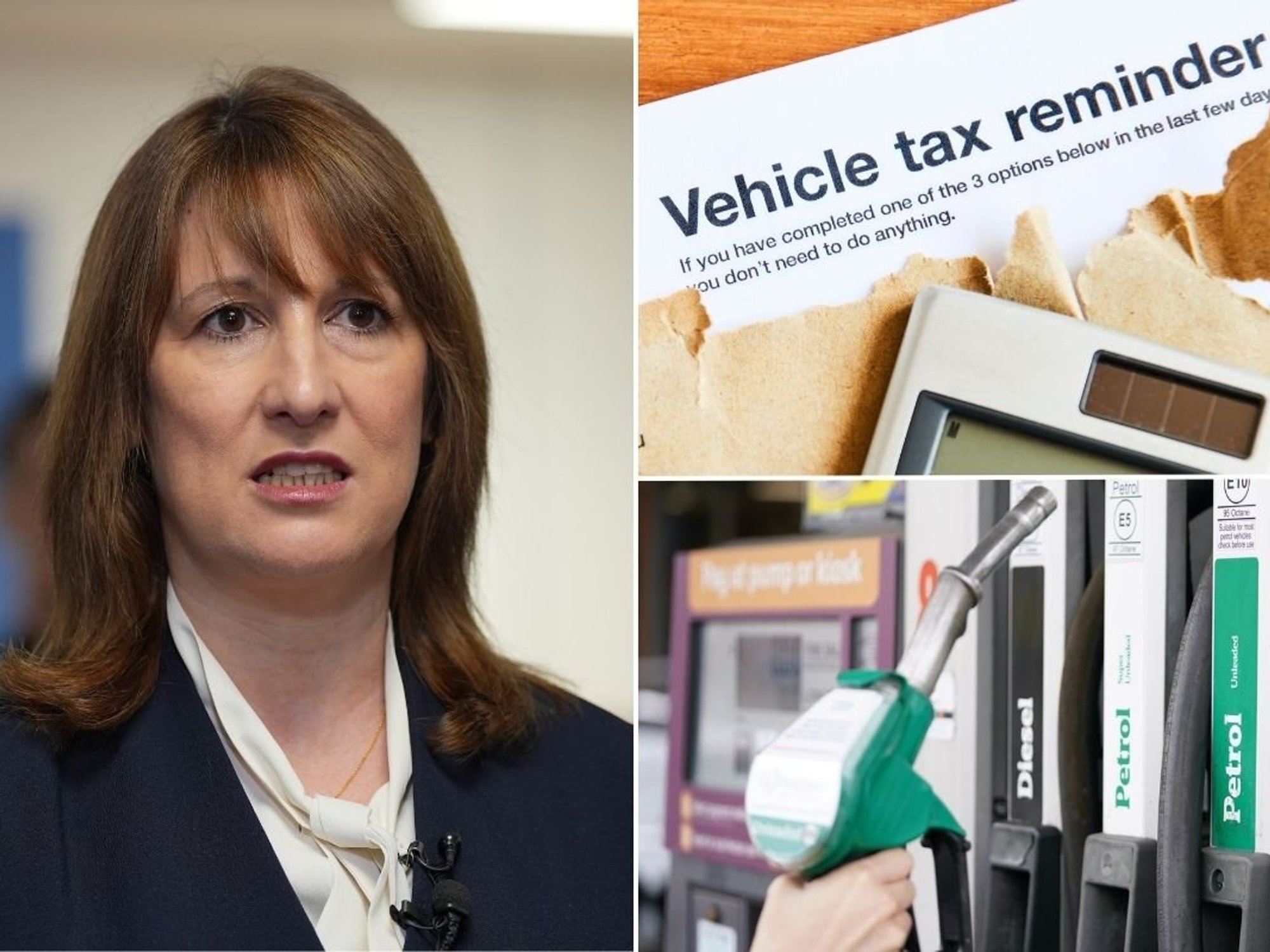On the anniversary of George Floyd's murder, BLM still refuses to accept an inconvenient truth - Rakib Ehsan
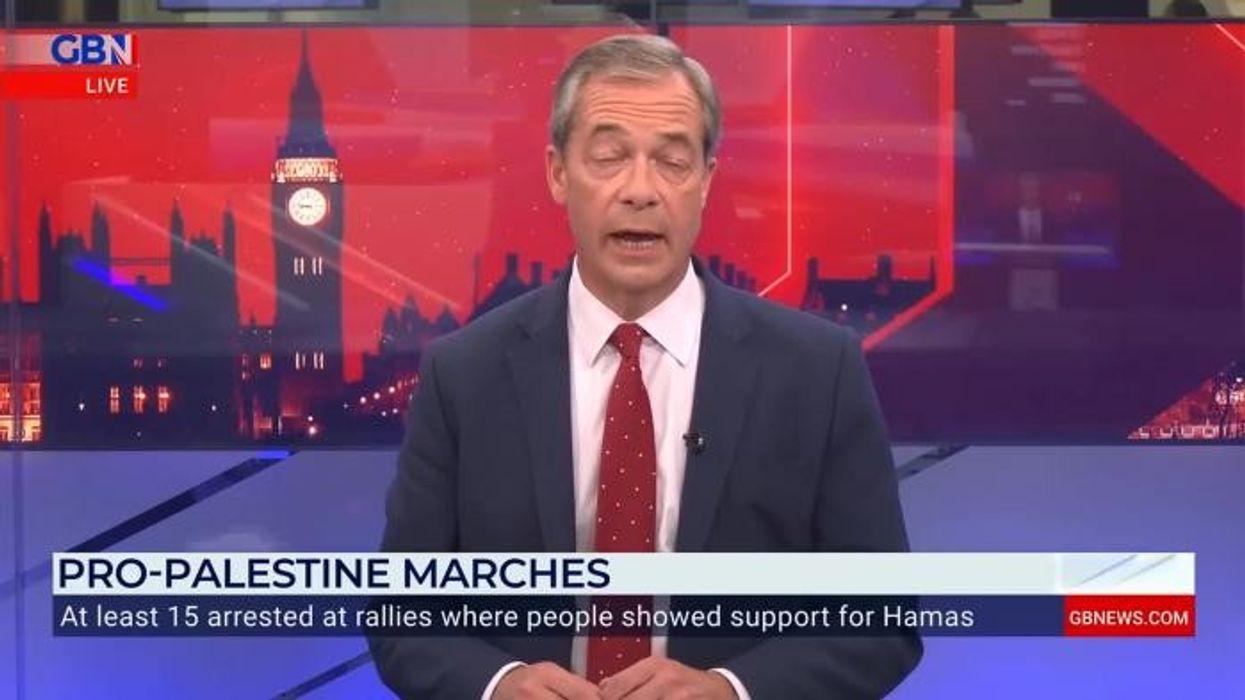
GB
OPINION: There is no doubt in my mind that the rise of Black Lives Matter in Britain did more harm than good
Don't Miss
Most Read
Trending on GB News
Today marks the fifth anniversary of the police killing of African-American George Floyd in the US state of Minnesota, which sparked Black Lives Matter (BLM) protests across America and beyond.
The UK witnessed its fair share of BLM demonstrations - from the Isle of Wight off the English south coast to the Shetland Islands in northernmost Scotland. Some turned violent, with dozens of police officers in London being left with injuries. According to the Metropolitan Police Federation, this included a female Mounted Branch officer who suffered a broken collarbone, a broken rib, and a punctured lung after being knocked off her horse.
Much of the behaviour at these protests was downright bizarre, with protestors chanting "don’t shoot" at British police officers, even though the overwhelming majority are unarmed and support this model of policing.
The emergence of BLM – unhelpfully – contributed towards the ‘Americanisation’ of British political discourse over matters of race and equality. Some have taken it upon themselves to counter this, including the excellent Tomiwa Owolade, who authored the book This is Not America: Why Black Lives in Britain Matter. When it comes to matters of racial equality, England – especially Lancashire - has been light years ahead of the United States. The county’s anti-racist traditions stretch back centuries.
Take, for example, the 1862 Manchester mill workers’ revolt. In an act of solidarity, these principled mill workers, at great personal sacrifice, refused to work with cotton picked by US slaves. Then we had the Battle of Bamber Bridge in 1943, where good-natured publicans resisted the efforts of American military commanders to racially segregate pubs in their Lancastrian village. The modern British anti-racist movement should treat these mill workers and publicans as heroes who should never be forgotten.
There is no doubt in my mind that the rise of BLM in Britain did more harm than good. We made significant strides in terms of racial equality over the course of the 21st Century, but BLM threatened to undo much of this progress. The proliferation of Critical Race Theory (CRT) in the realm of education has sowed the seeds of racial division in the classroom, encouraging young non-white pupils to view themselves as an oppressed and marginalised class – that their country’s mainstream economic, social, and cultural institutions are deliberately rigged against them on the grounds of their skin colour.
This could not be further from the truth. Post-Brexit Britain is home to some of the strongest anti-discrimination protections on the grounds of race, outperforming major EU member-states such as France, Germany, and the Netherlands.
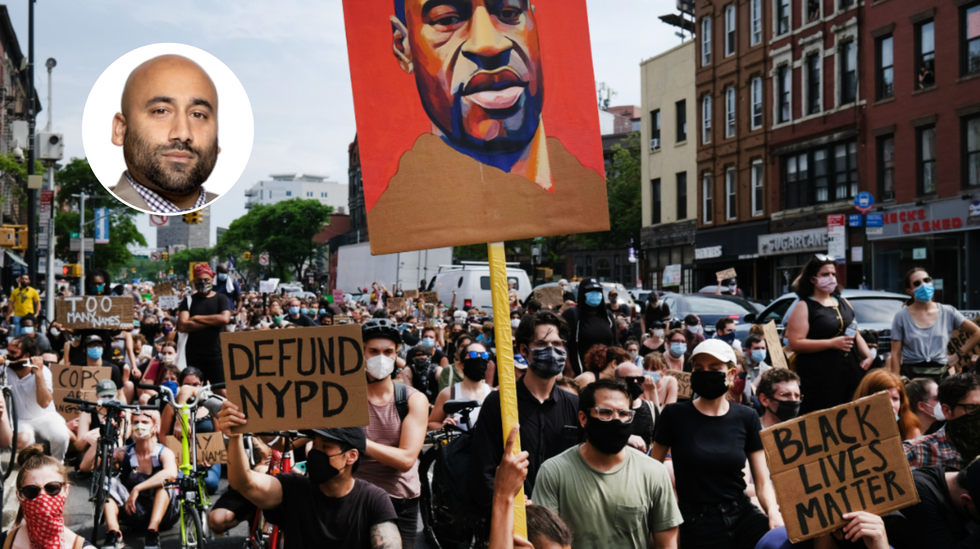
On the anniversary of George Floyd's murder, BLM still refuses to accept an inconvenient truth - Rakib Ehsan
|Getty Images
Most of Britain’s young black people live in London – a global economic and cultural powerhouse with opportunities aplenty. It may be an inconvenient truth for those who are aligned with the BLM movement, but most of the problems facing British Black communities can be found within them. Recent ONS data found that nearly two in three children of Black Caribbean origin live in a lone-parent household, dropping to just six per cent for their peers of Indian heritage. If BLM activists truly cared about young black lives in the UK, they would flag the fatherlessness epidemic in inner-city London.
These fatherless youths, deprived of a responsible male model in the household, turn to violent and exploitative gangs in the desperate hope of finding a sense of belonging. In these neighbourhoods, one will find the existence of dangerous subcultures which glorify materialism, degeneracy, and violence.
We must never succumb to radical movements such as BLM. Race is not an influential determinant of life chances in modern Britain. The key to unlocking social mobility has always been stable family homes and well-ordered communities which encourage a strong sense of responsibility, self-discipline, and initiative.








